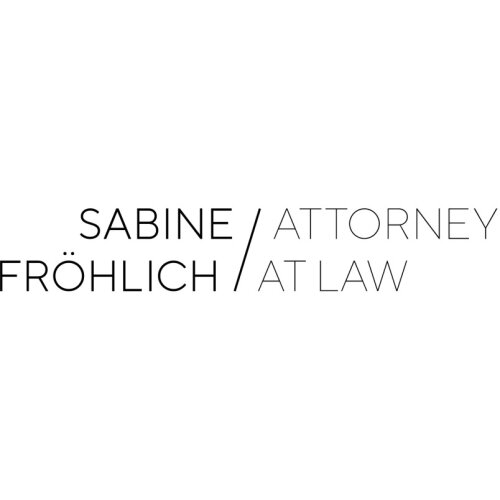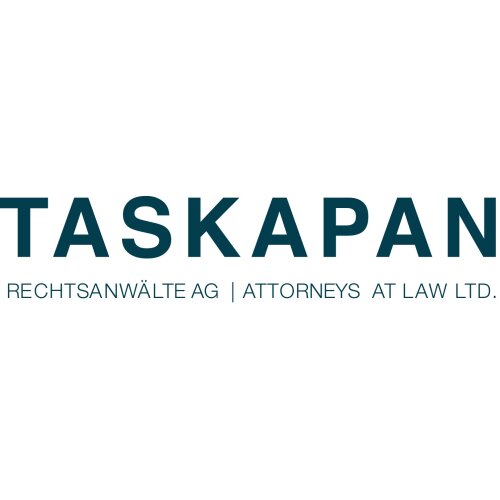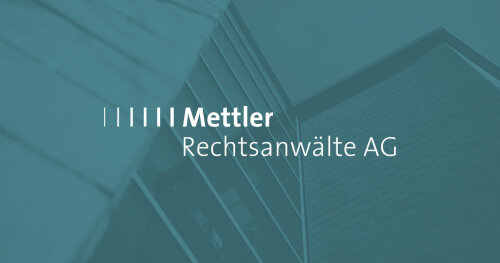Best Lawyers in Liechtenstein
Share your needs with us, get contacted by law firms.
Free. Takes 2 min.
Or refine your search by selecting a city:
List of the best lawyers in Liechtenstein
Liechtenstein Legal Questions answered by Lawyers
Browse our 5 legal questions in Liechtenstein and read the lawyer answers, or ask your own questions for free.
- Do I need a Liechtenstein licence to sell online software subscriptions from Vaduz?
- I’m based in Vaduz and want to sell monthly software subscriptions to customers in the EEA and Switzerland. I’m not sure if this activity requires a local trade or special licensing, or if registration alone is enough. What steps and typical timelines should I expect?
-
Lawyer answer by Inmann Stelzl & Partner Rechtsanwälte Offene Gesellschaft
The sale of subscription-based software services from Vaduz constitutes a commercial activity under the Liechtenstein Trade Act (Gewerbegesetz). As such, the activity requires a trade authorisation (Gewerbeberechtigung) issued by the Liechtenstein Office of Economic Affairs. Mere registration of the business...
Read full answer - What are the most important due diligence items for a Liechtenstein cross-border merger and how do I protect against post-closing liabilities?
- I'm considering a cross-border merger involving a Liechtenstein company. What due diligence should I require, and how can we structure warranties, indemnities, and liability caps to minimize post-closing risk?
-
Lawyer answer by Inmann Stelzl & Partner Rechtsanwälte Offene Gesellschaft
When considering a cross-border merger involving a Liechtenstein company, key due diligence should focus on corporate and merger feasibility under the PGR (Liechtenstein corporate law), regulatory and licensing status (including AML/KYC), tax compliance and exposures, material contracts (especially change-of-control clauses),...
Read full answer - What steps must a Liechtenstein AG take to appoint independent board members under the Corporate Governance Code?
- I want to update the governance framework of my Liechtenstein AG to include independent directors. What are the legal requirements for appointing independents under Liechtenstein law and the Corporate Governance Code, including eligibility, term limits, disclosure duties, and any shareholder approval or minority protections?
-
Lawyer answer by Inmann Stelzl & Partner Rechtsanwälte Offene Gesellschaft
Hello. As a general note, a Liechtenstein AG may have a board of directors consisting of one or more natural or legal persons. These can be either executive directors or independent directors. While executive directors are responsible for the day-to-day...
Read full answer
About hiring a lawyer in Liechtenstein
In Liechtenstein, it is quite straightforward to hire a lawyer. You can seek legal assistance either by directly contacting a law firm or a freelance lawyer who is licensed to practice law. Lawyers in Liechtenstein are knowledgeable about local and international laws, as they have to pass rigorous exams before practicing. They can provide counsel on a wide spectrum of legal issues, from civil to criminal cases, and from personal to corporate concerns. It is important to hire a lawyer who specializes in the specific legal field relevant to your case, as specialist knowledge is often crucial for success.
Why You May Need a Lawyer
Hiring a lawyer can be beneficial in various scenarios. You may require a lawyer not just for courtroom representation, but also for legal counsel and guidance in a wide range of situations. These could include: drafting contracts for business purposes, navigating through real estate transactions, setting up a new business entity, obtaining legal advice for tax-related issues, representing you in criminal defense cases, assisting in family disputes such as divorce or child custody, or when dealing with inheritance issues. Lawyers in Liechtenstein can provide you with the necessary expertise and representation to protect your rights and interests.
Local Laws Overview
Liechtenstein has a civil law system, with a strong influence from Swiss and Austrian laws. All law is passed by the country's parliament, the Landtag, and is then ratified by the reigning Prince. Key areas of local law include corporate governance, tax law, property law, criminal law, and family law. The country is known for its stringent privacy laws, especially in relation to banking. Furthermore, Liechtenstein has specific laws for trusts, foundations, and corporations, making it a popular destination for international business.
Frequently Asked Questions
1. Are consultations with a lawyer private and confidential?
Yes, communications between a client and a lawyer are generally considered confidential and are protected by client-attorney privilege.
2. How are lawyers in Liechtenstein remunerated?
Lawyers’ fees are typically based on an hourly rate. The amount can vary largely depending on the complexity and nature of the case, and the experience and reputation of the lawyer.
3. What is the process of litigation in Liechtenstein?
Legal proceedings in Liechtenstein usually include a pre-trial phase, a main trial phase, and potentially, an appeal. Both civil and criminal trials are presided over by professional judges.
4. Is it possible to settle a case out of court?
Yes, out-of-court settlements or mediation can be an effective way of resolving disputes without litigation. They can reach quicker resolutions and preserve relationships between parties.
5. What languages are used in Liechtenstein's legal proceedings?
The official language of Liechtenstein is German, so legal proceedings are generally carried out in this language. However, lawyers in Liechtenstein often provide multilingual services, serving clients in English and other languages.
6. How long does a legal process usually take?
The length of legal process varies based on the complexity of the case, the court’s schedule, and if an appeal is filed. It's best to consult with your lawyer for an estimated timeline.
7. Can foreign companies do business in Liechtenstein?
Yes, foreign companies can do business in Liechtenstein. They often seek legal counsel when dealing with the country's complex corporate and tax laws.
8. Are there any notable laws unique to Liechtenstein?
Liechtenstein is known for stringent banking secrecy laws and complex corporate structures. It also has specific laws related to trusts and foundations, which differ significantly from those in many other countries.
9. Can a foreigner buy property in Liechtenstein?
Property transactions in Liechtenstein are heavily regulated. Foreigners, in particular, may face rigorous checks and restrictions. It's recommended to seek legal advice before attempting to buy property in the country.
10. How can I find a reputable lawyer in Liechtenstein?
You can find legal representation through referrals, online directories, or by directly contacting law firms. Remember to review their expertise and reputation before making a decision.
Additional Resources
The Liechtenstein Bar Association is an essential resource. They regulate the practice of law in the country and can provide a list of registered lawyers. The Liechtenstein Government website also provides information on local laws and regulations.
Next Steps
If you need legal assistance in Liechtenstein, it's advisable to start by identifying a few potential lawyers or law firms. Evaluate them based on their specialization in your area of concern, their reputation, and their fee structure. Don't hesitate to schedule consultations with them to discuss your case and to decide if they are a good fit for your needs. Remember to take all necessary documents to your consultation, and be ready to provide detailed information about your situation. Lastly, always ensure you understand all legal processes and implications before making any decisions.
Lawzana helps you find the best lawyers and law firms in Liechtenstein through a curated and pre-screened list of qualified legal professionals. Our platform offers rankings and detailed profiles of attorneys and law firms, allowing you to compare based on practice areas, experience, and client feedback.
Each profile includes a description of the firm's areas of practice, client reviews, team members and partners, year of establishment, spoken languages, office locations, contact information, social media presence, and any published articles or resources. Most firms on our platform speak English and are experienced in both local and international legal matters.
Get a quote from top-rated law firms in Liechtenstein — quickly, securely, and without unnecessary hassle.
Disclaimer:
The information provided on this page is for general informational purposes only and does not constitute legal advice. While we strive to ensure the accuracy and relevance of the content, legal information may change over time, and interpretations of the law can vary. You should always consult with a qualified legal professional for advice specific to your situation.
We disclaim all liability for actions taken or not taken based on the content of this page. If you believe any information is incorrect or outdated, please contact us, and we will review and update it where appropriate.
Refine your search by selecting a practice area.
Accidents & Injuries
Banking & Finance
Bankruptcy & Debt
Business
Civil & Human Rights
Consumer Rights
Corporate & Commercial
Criminal Defense
Employment & Labor
Energy, Environment & ESG
Family
Immigration
Insurance
Intellectual Property
Lawsuits & Disputes
Media, Technology and Telecoms
Notary Services
Private Client
Real Estate
Browse law firms by city in Liechtenstein
Refine your search by selecting a city.

































